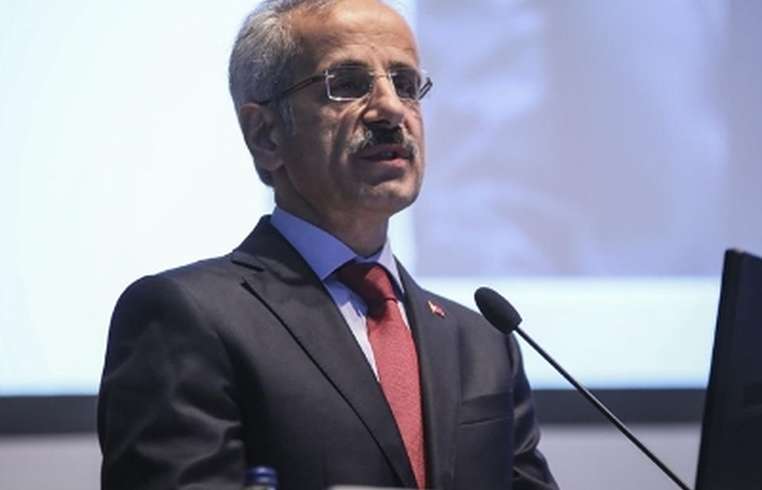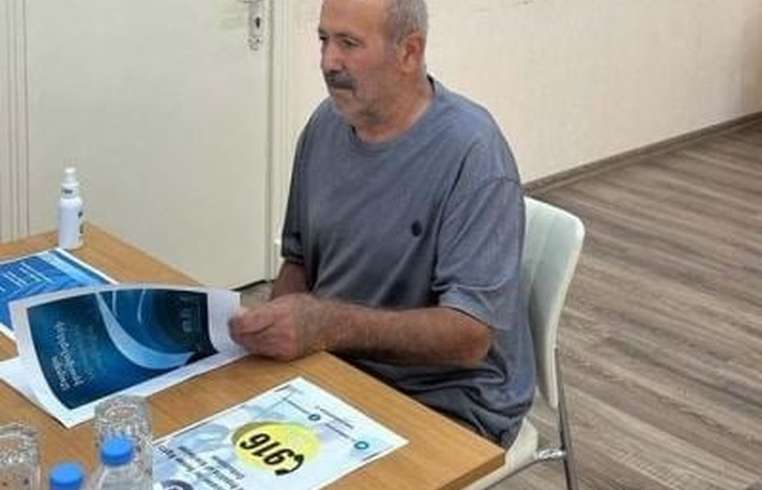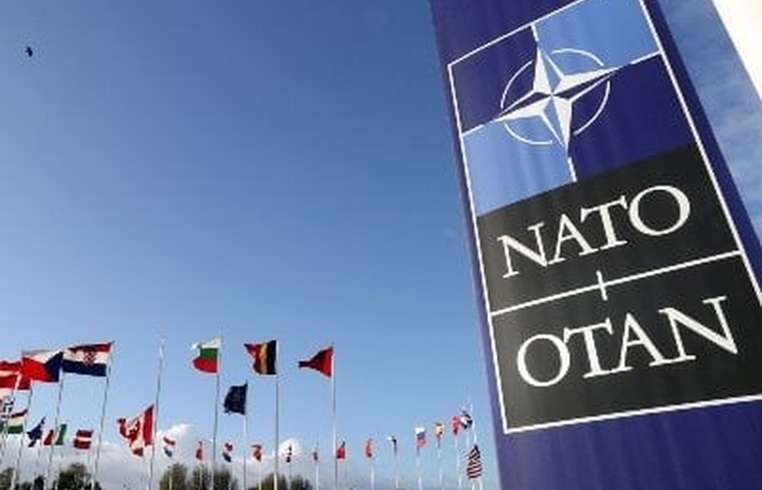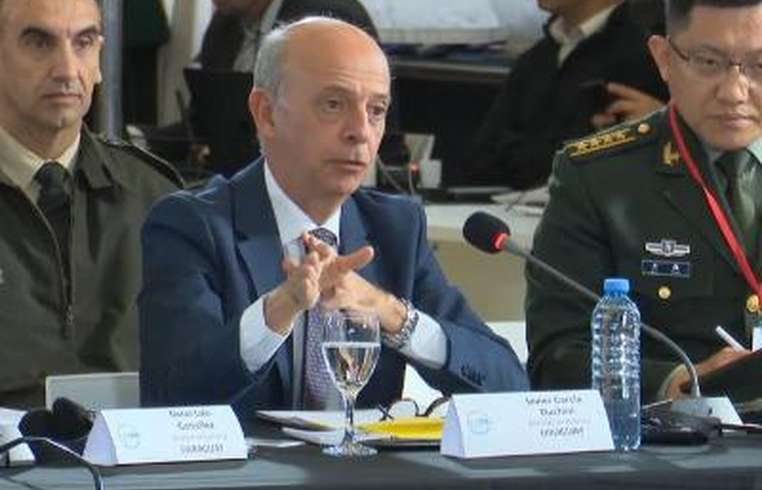
News - Deputy FM: Armenia sent 10th package of peace treaty to Azerbaijan
Business Strategy
Deputy FM: Armenia sent 10th package of peace treaty to Azerbaijan

Armenia has sent the tenth package of the peace treaty between Armenia and Azerbaijan to the Azerbaijani side. This was announced by Deputy Foreign Minister of Armenia Vahan Kostanyan during the "Armenia and the EU: Priorities, Partnerships, and Paths Forward" panel discussion held within the GLOBSEC forum in Prague, informs the foreign ministry of Armenia In his remarks, Deputy Minister of Foreign Affairs of the Republic of Armenia touched upon the foreign policy of Armenia, in this regards highlighting the importance of diversification aimed at the protection of the sovereignty, international borders, and democracy of Armenia. In the context of cooperation with the EU, Vahan Kostanyan underscored the importance of active political dialogue and solid basis of cooperation between Armenia and the EU member states highlighting significant prospects of deepening the partnership on both bilateral format and the EU platform. The Deputy Foreign Minister commended the current dynamics of Armenia-EU relations, emphasized the importance of deepening Armenia-EU cooperation and shaping new agenda aimed at strengthening Armenia's resilience and implementing democratic reforms. The significance of the Armenia-EU Comprehensive and Enhanced Partnership Agreement (CEPA) and its implementation was stressed in context of addressing socio-economic challenges. Regional developments were also touched upon. The Deputy Minister highly appreciated the role of the EU Mission in Armenia in terms of ensuring security and stability in the region. Touching upon the process of normalization of relations between Armenia and Azerbaijan, Vahan Kostanyan noted that Armenia sent the tenth package of the peace treaty between Armenia and Azerbaijan to the Azerbaijani side. The Deputy Foreign Minister reiterated Armenia's readiness to establish peace in the South Caucasus and the region. Deputy Foreign Minister of Armenia presented the Crossroads of Peace project developed by the Government of the Republic of Armenia, reaffirming Armenia's readiness to unblock regional transport communications based on the principles of sovereignty, jurisdiction, reciprocity and equality.






